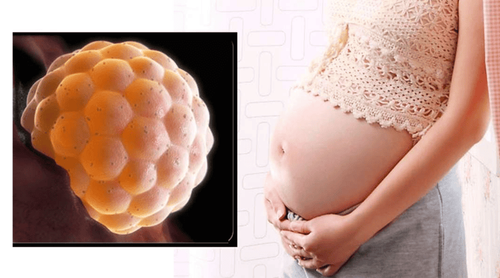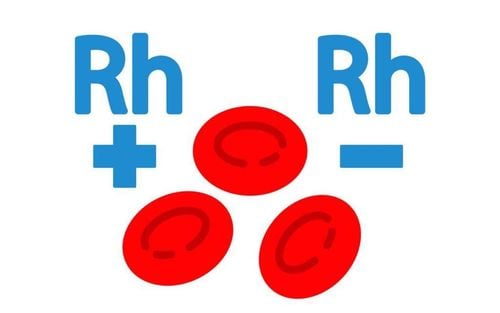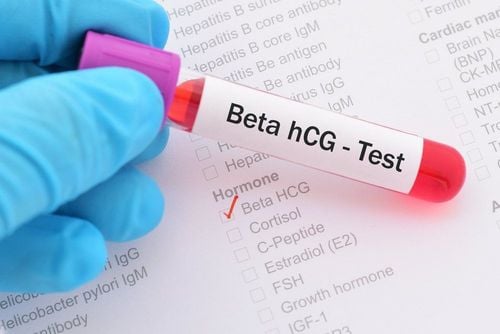This is an automatically translated article.
The article was professionally consulted with Master, Doctor Nguyen Van Thanh - Obstetrician and Gynecologist - Department of Obstetrics and Gynecology - Vinmec Nha Trang International General Hospital.Ovulation is an abnormal pregnancy that occurs in many women. Without proper monitoring and treatment, pregnancy can lead to many dangerous complications, even glioblastoma.
1. Egg pregnancy and treatment
Egg pregnancy is an abnormal pregnancy, which is manifested in the phenomenon that part or all of the placenta degenerates into small and large fluid-filled sacs that stick together into clusters like frog eggs. The majority of pregnancies are benign. However, in the process, pregnancy can cause dangerous complications such as miscarriage, causing heavy bleeding or perforation of the uterus because the egg is deeply embedded in the uterus. In particular, about 10 - 30% of egg pregnancies can cause dangerous complications, even leading to glioblastoma. Malignant tumors and cancer cells often invade deep into the uterine muscle layer, causing necrosis, bleeding, and distant metastases to other organs in the body such as the liver, brain, lungs, etc. in the treatment.In cases of ectopic pregnancy, doctors usually prescribe early abortion to prevent miscarriage causing bleeding. After 2-3 days, the patient will be re-examined and may have to have a second aspiration if the eggs are not exhausted and after curettage, antibiotics must be used to prevent the risk of infection.
For women who are over 40 years old or have had enough children, and do not want to have more children, a total hysterectomy can be applied without the need for an aspiration of the eggs first. The purpose of hysterectomy is to reduce the risk of a pregnancy that develops into glioblastoma.
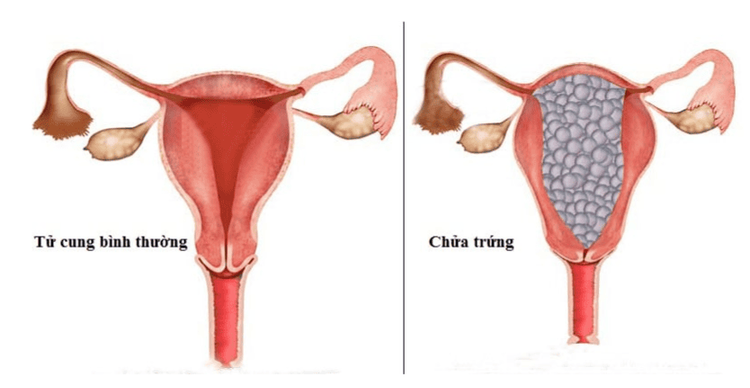
2. Monitor beta HCG index after oocyte aspiration
About 80% of pregnancies are benign, the disease heals quickly after abortion, the patient stops bleeding, the uterus shrinks quickly after 5-6 days, the thyroid cyst gradually shrinks and disappears, and the beta HCG level rapidly decreases in a few days, can be reduced to 350 - 500mUI/ml in a few weeks. HCG is a human placental gonadotropin hormone, secreted by placental trophoblasts after the egg is fertilized. When not pregnant, HCG must be negative.Check the patient's blood beta HCG levels after egg aspiration
After egg removal, the patient needs to be monitored as an outpatient and periodically examined for at least 12-18 months as directed by the doctor. Specifically:
Patients must have blood and urine tests every 2 weeks until the beta HCG level returns to normal (negative - indicating not pregnant). When the beta HCG index after ovulatory abortion returns to normal, the patient must continue to test the urine every 4 weeks for the next 6 months, combined with other tests and ultrasound if necessary. The purpose of this is to detect and promptly handle complications of pregnancy. After ectopic pregnancy, the following manifestations are considered unfavorable progress:
The uterus is still large, the thyroid cyst does not disappear or metastases appear. The concentration of beta HCG in the second test was higher than in the previous test. Beta HCG levels after three consecutive tests did not decrease or fell below 10%. Beta HCG concentration > 20,000 UI/L after 4 weeks of abortion. Beta HCG concentration > 500 UI/L after 8 weeks of ectopic pregnancy. Beta HCG concentration > 5UI/L after 6 months of ectopic pregnancy.
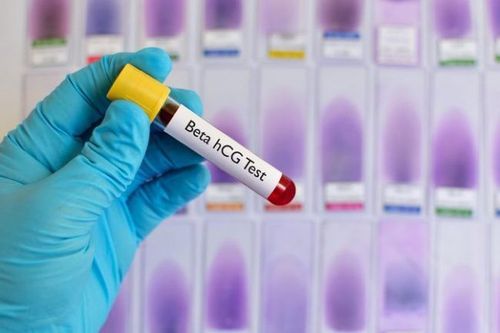
3. Indication for pregnancy after egg aspiration
During the monitoring of beta HCG after oocyte retrieval, the patient should not become pregnant. The recommended method of contraception is to use oral contraceptives or condoms. Patients should only become pregnant after ovum after 2 years of follow-up without complications. If you get pregnant before this point, your beta HCG levels will rise and your doctor won't be able to accurately assess whether the abnormal tissue has returned.The good news for women is that ectopic pregnancy does not affect fertility or the ability to get pregnant even if the patient has undergone chemotherapy. In addition, women who have been pregnant do not have an increased risk of stillbirth, birth defects, premature birth or other complications. In addition, the rate of subsequent ectopic pregnancy is only 1-2%.
In the next pregnancy, the patient needs to be examined and closely monitored, should go for an ultrasound in the first trimester of pregnancy to make sure that there are no problems.
Please dial HOTLINE for more information or register for an appointment HERE. Download MyVinmec app to make appointments faster and to manage your bookings easily.





